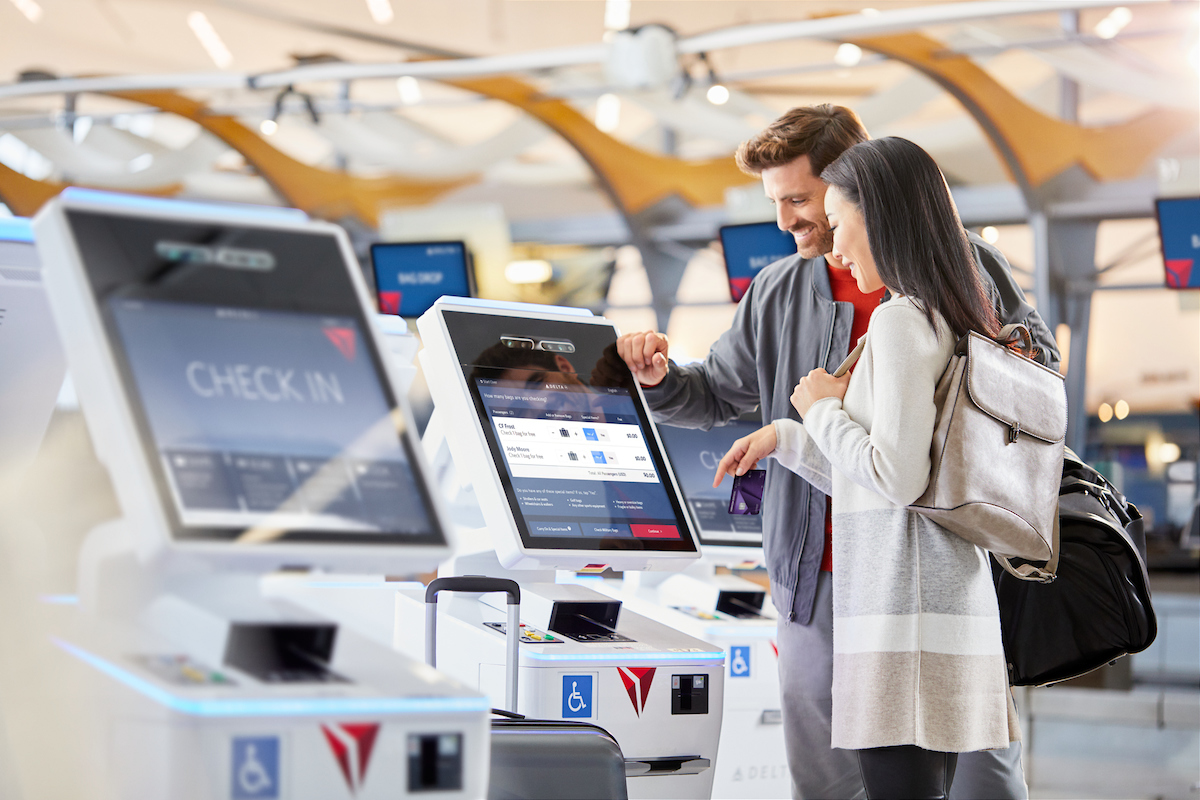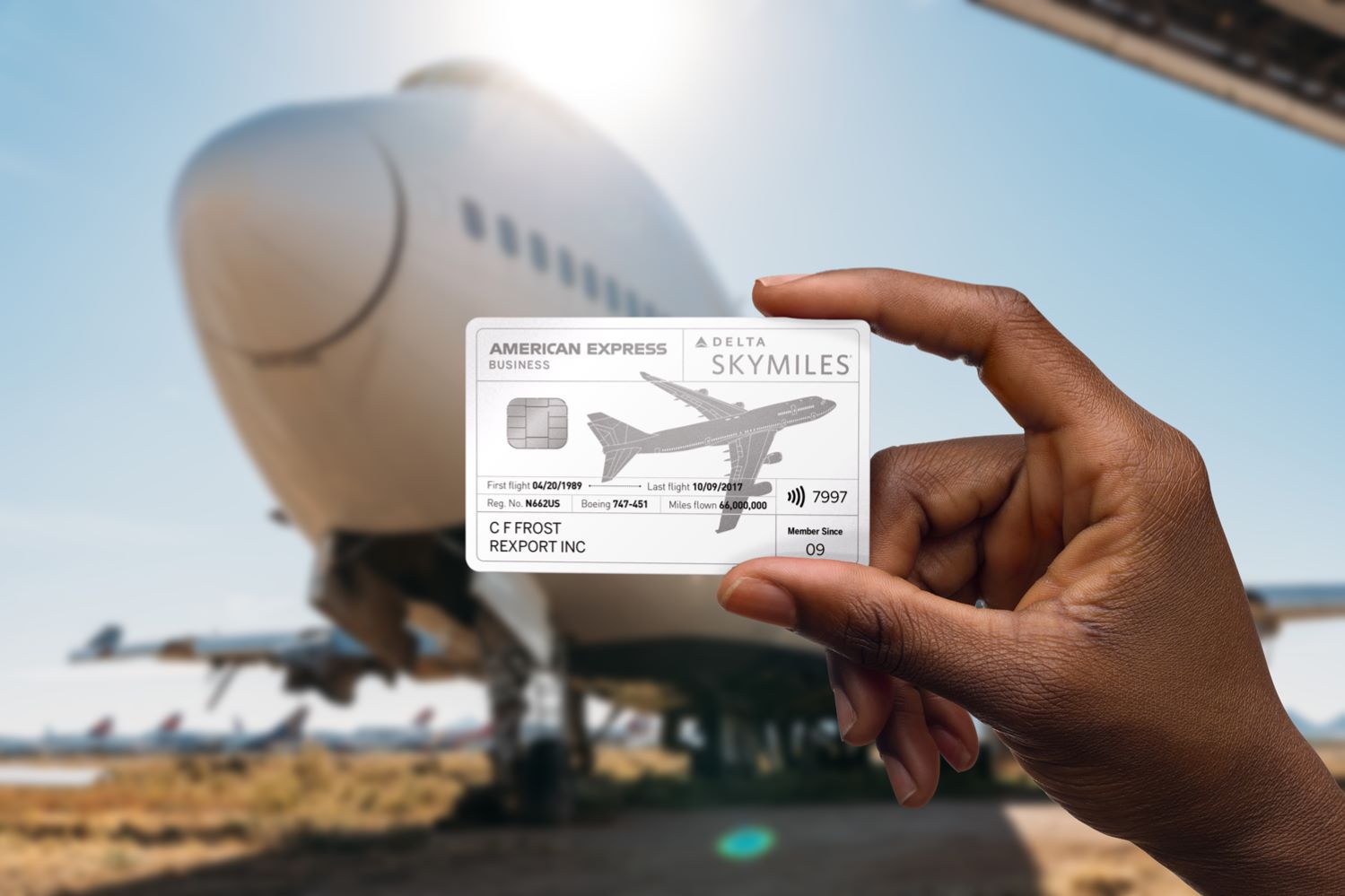IATA: Global Airlines Projected to Make $9.8 Billion in 2023
Airlines across the world are expected to make combined profits of $9.8 billion this year, almost double the previous prediction of $4.7 billion
by Lauren Smith
June 8, 2023
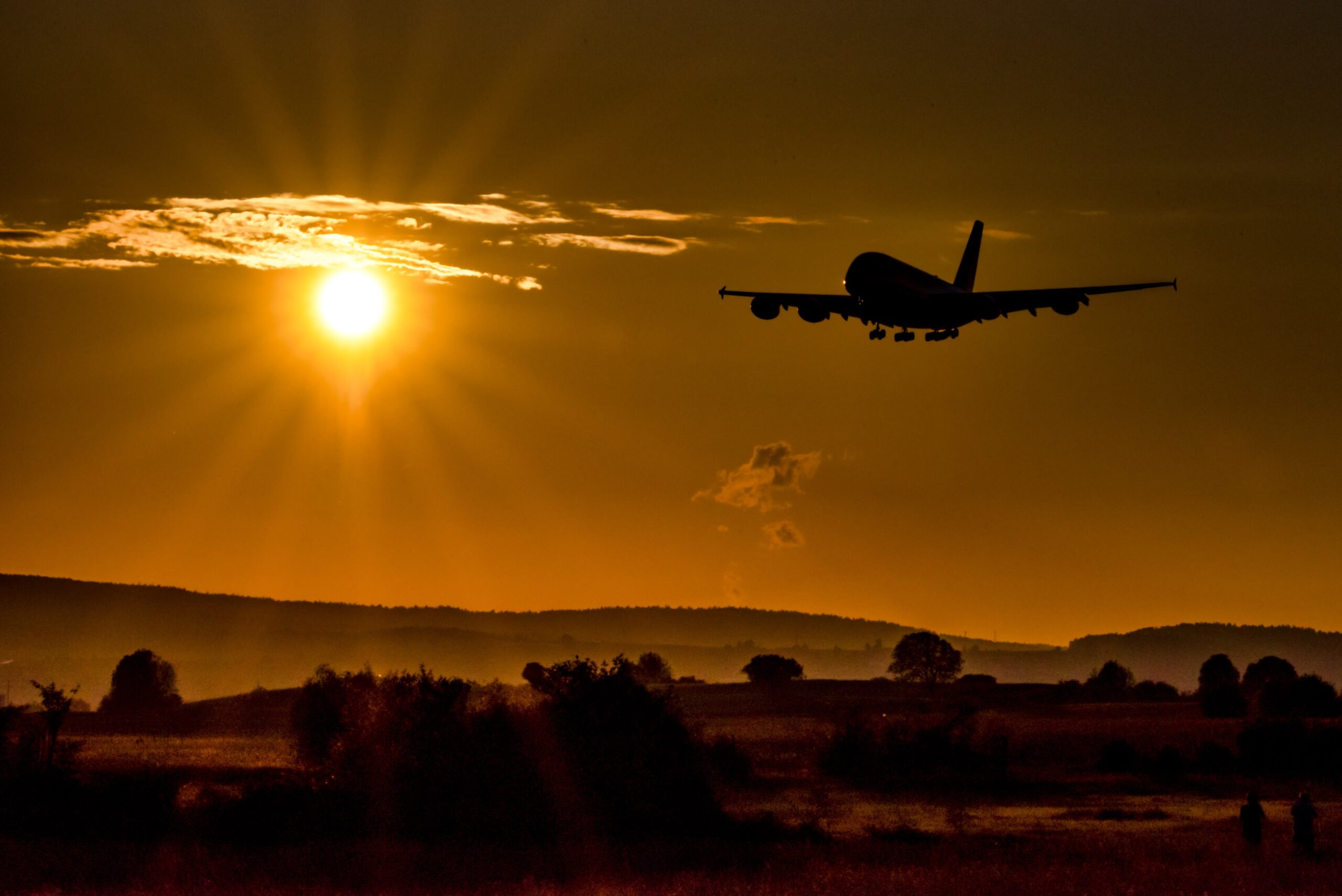
Photo: Courtesy of Robert Hrovat / Unsplash
Globally, airlines will make net profits of $9.8 billion this year, shaking off three straight years of pandemic losses, the International Air Transport Association (IATA) said.
However, the trade association warned that profit margins remain razor-thin, and continued supply chain and labor issues could erode takings.
This week the IATA boosted its annual profit outlook for airlines for 2023 from $4.7 billion to $9.8 billion—a marked recovery from the $3.6 billion lost in 2022.
“The pandemic years are behind us, and borders are open as normal,” IATA director general Willie Walsh said at the association’s annual summit in Istanbul.
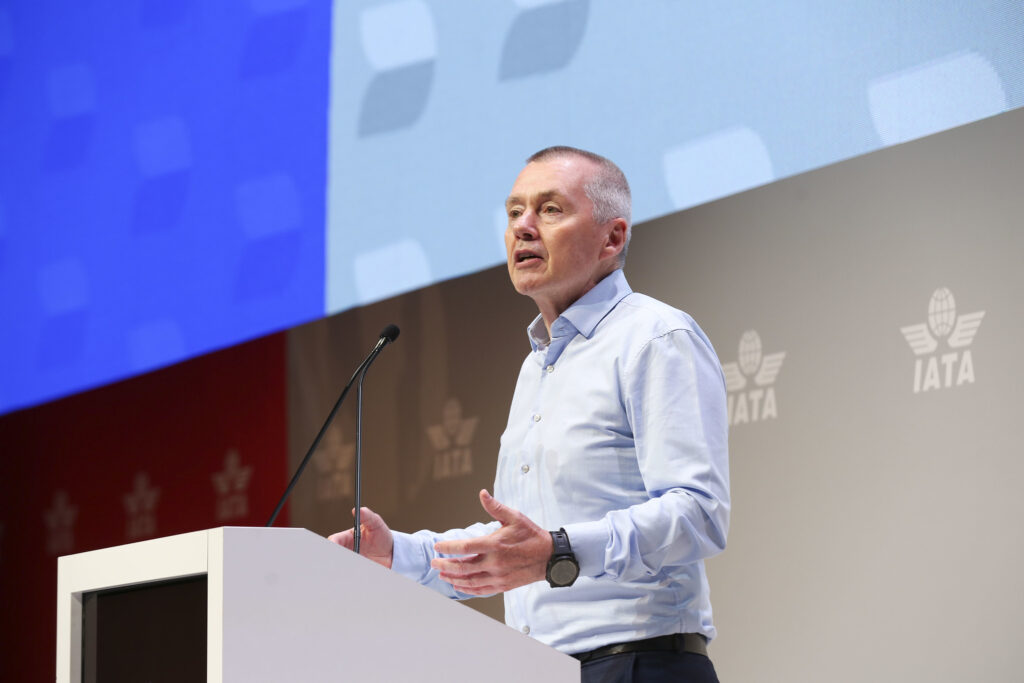
Photo: Willie Walsh, Director General, IATA at IATA AGM 2023, Istanbul, Turkey. Courtesy of Natalia Mroz / IATA
In revising the projections, the trade body cited robust travel demand and an easing of fuel prices. Passenger numbers have shown no signs of flagging despite high inflation and economic uncertainty and have been boosted by the reopening of China’s borders.
The IATA expects 4.35 billion people to take to the skies in 2023, or 96% of 2019 levels. According to passenger polling, 41% of travelers expect to travel more in the next 12 months than in the previous year, while 49% expect to travel a similar amount. Overall, 77% of travelers are traveling as much or more than they did before the coronavirus crisis.
Meanwhile, fuel prices have fallen below previous forecasts and now stand at an average cost of $98.5 per barrel this year, down from the $135.6 seen in 2022. However, an agreement by OPEC reached on Sunday to curb oil supplies until 2024 could hit airlines hard. Walsh said oil countries have done “very well on our [airlines’] tab” recently.
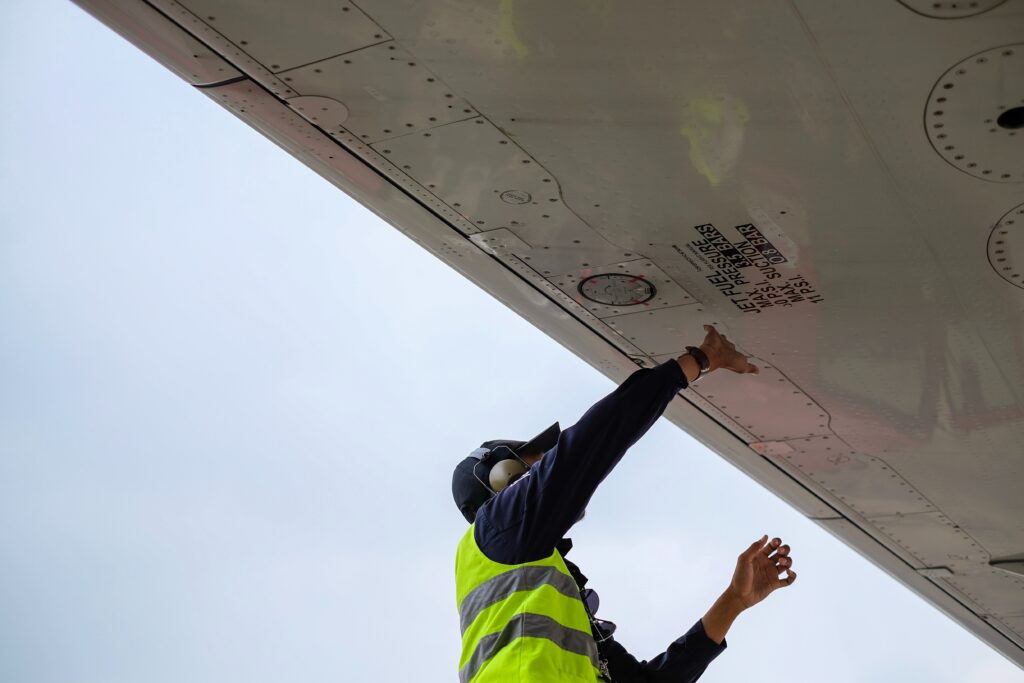
Photo: Courtesy of Pandu Agus Wismoyo / Unsplash
Walsh, formerly CEO of Aer Lingus and British Airways, underlined the industry’s pledge to reach net-zero emissions by 2050 and urged governments to incentivize the production of sustainable aviation fuel (SAF)—a biofuel made from feedstocks—to enable this.
Despite the bullish forecast for 2023, the IATA warned of storms on the horizon, including the continuation of post-pandemic supply chain issues and staffing shortages. Walsh blamed airlines’ industry partners for the turbulence. “Unfortunately, many of those we do business with are adding to [our] pressures,” he said.
That includes plane makers that have been “far too slow in dealing with supply chain blockages that are both raising costs and limiting our ability to deploy aircraft,” Walsh said. “Airlines are beyond frustrated.”
With airlines now facing average delays of six months to receive ordered planes and waiting for spare parts, executives at the summit asked IATA to intervene directly with manufacturers, an unusual move.
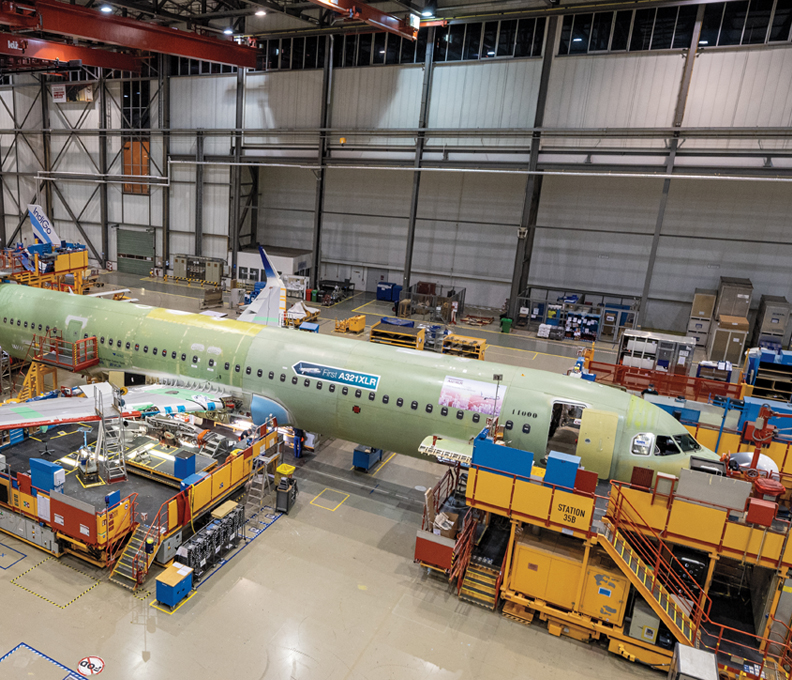
The first Airbus A321XLR on final assembly at the main Airbus factory in Toulouse, France / Photo: Courtesy of Airbus S.A.S./Stefan Kruijer
Boeing and Airbus have deflected the blame onto their suppliers and admitted there’s no easy fix for delivery delays.
Meanwhile, the staffing shortages that caused chaos during the summer travel season of 2022 have been addressed but not entirely resolved, especially among air traffic controllers. “We’ve already seen capacity reductions forced upon the industry in the US … and disruptions in Europe that go well beyond normal this time of year,” Walsh said.
Walsh was critical of airports that have “shifted the cost of their inefficiency” and staffing issues to airlines and had especially harsh words for Amsterdam’s Schipol Airport (AMS), which he branded the worst airport in the world. Last summer, a shortage of security staff led to passenger crowding and long lines at the hub, and airport operators had “no shame” in hiking charges for airlines by 12% in response to their “self-made operational disaster,” Walsh said.
These pressures are particularly worrisome because airlines are making “wafer-thin” profits of just $2.25 per passenger, he said.
“That won’t even buy a subway ticket in New York,” Walsh said. “That level of profitability is not sustainable. But considering we lost $76 per passenger in 2020, the velocity of the recovery is strong.”
While ticket prices are up, they remain flat in real terms compared to 2019, he added.
